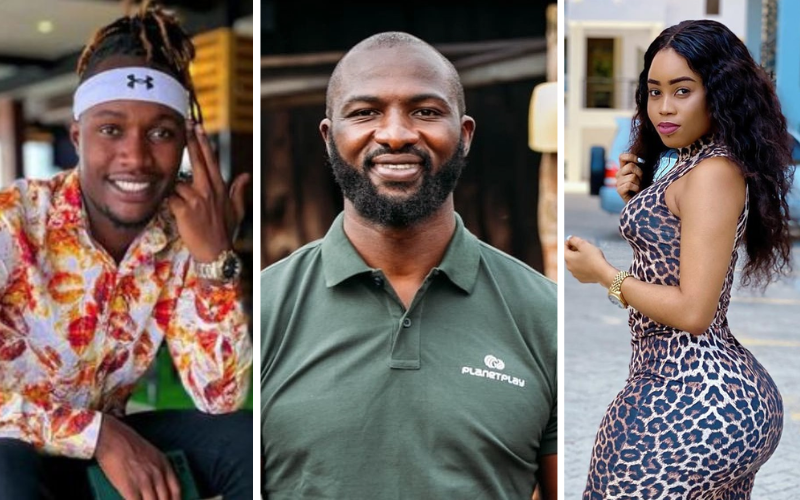Sensational as they come, Elsa Majimbo became an international star for creating satirical social media skits; lounging on her pillow, eating potato chips, and laughing infectiously.
As the COVID-19 pandemic shut down the world in 2020, her online monologues became a source of entertainment for millions of followers.
The 24-year-old, then a university student at Strathmore University in Nairobi, Kenya, was simply enjoying her life as she created home-based comedy videos. Within a year, she was partnering with top-tier international commercial brands.
She won numerous awards for her content and attracted recognition from global celebrities such as Naomi Campbell, Anderson Cooper, and Snoop Dogg. When American comedian and TV host Steve Harvey hosted her on Steve on Watch, she relocated to the United States, joining the celebrity league and making real money.
So, how does eating potato chips and laughing satirically over fun skits earn you such an enviable life?
Social media content creation has become a major income-generating venture in Kenya, with thousands of young people making a name for themselves and earning a living from things they naturally enjoy doing.
In Kenya, TikTok has emerged as one of the most popular social media platforms. It boasts a large user base and wields significant influence over communication, entertainment, and commerce. It has become a hub for creativity, community interaction, and artistic expression.
Some of the most popular TikTok influencers in Kenya include Moya David (4.9 million followers), Trisha Khaled (3.9 million followers), Dennis Ombachi (2.4 million followers), Yash Poppy (1.4 million followers), and Official Poppy (1.4 million followers).
“It is fun doing content for my social media platforms, and it takes creativity to keep the numbers growing as well as working with brands and signing with advertisers who of course keep the business going. It has to be a consistent effort and one has to be authentic, but I can assure you that it pays,” says Trisha Khaled, whose social media influence has made her a household name in Kenya. She is now a leading actress with major roles in top TV shows.
“It is important for a content creator to master the art of creativity as well as their audience’s needs. Most of my monetized content comes through affiliate marketing. I do sponsored posts.”
With millions of users, TikTok’s influence extends into commerce, with businesses using it for advertising and marketing campaigns.
However, despite its lucrative potential, the platform has faced government concerns in Kenya over content moderation, safety, and the need for policies to govern its use. There have been growing calls for better regulation to protect users — particularly children — from harmful content.
These concerns are not unique to TikTok but also affect other widely used platforms such as Instagram, Twitter, WhatsApp, and YouTube.
Another pressing issue is intellectual property (IP) protection, especially regarding copyright and trademark infringement. TikTok emphasizes that users must respect the IP rights of others, prohibiting content that violates such rights. Kenya’s policy on social media content rights and IP is anchored in the Copyright Act (2001) and related regulations.
The Kenya Copyright Board (KECOBO) plays a key role in enforcing copyright law on social media, while the Kenya Film Classification Board (KFCB) has been engaging platform owners to address content monitoring, moderation, and copyright concerns.
With the creative economy and digital space expanding rapidly, the government has been working to enable creators to monetize their content while safeguarding their IP rights. In the past two years, agreements have been reached with companies such as Google, Meta, and TikTok to help creators commercialize their content with strong emphasis on IP protection.
“TikTok takes copyright and intellectual property rights seriously. We have robust policies and processes in place to address copyright infringements. We actively collaborate with rights holders, including music labels and publishers, to ensure appropriate licensing agreements are in place. Our terms of service and our community guidelines do not allow posting, sharing, or sending any content that violates or infringes upon another party’s copyrights, trademarks or other intellectual property rights,” says Keagile Makgoba, TikTok’s head of communication for Sub-Saharan Africa.
“We regularly publish transparency reports to provide visibility into how we uphold our community guidelines and respond to law enforcement requests for information, government requests for content removals, and intellectual property removal requests,” says Makgoba.
